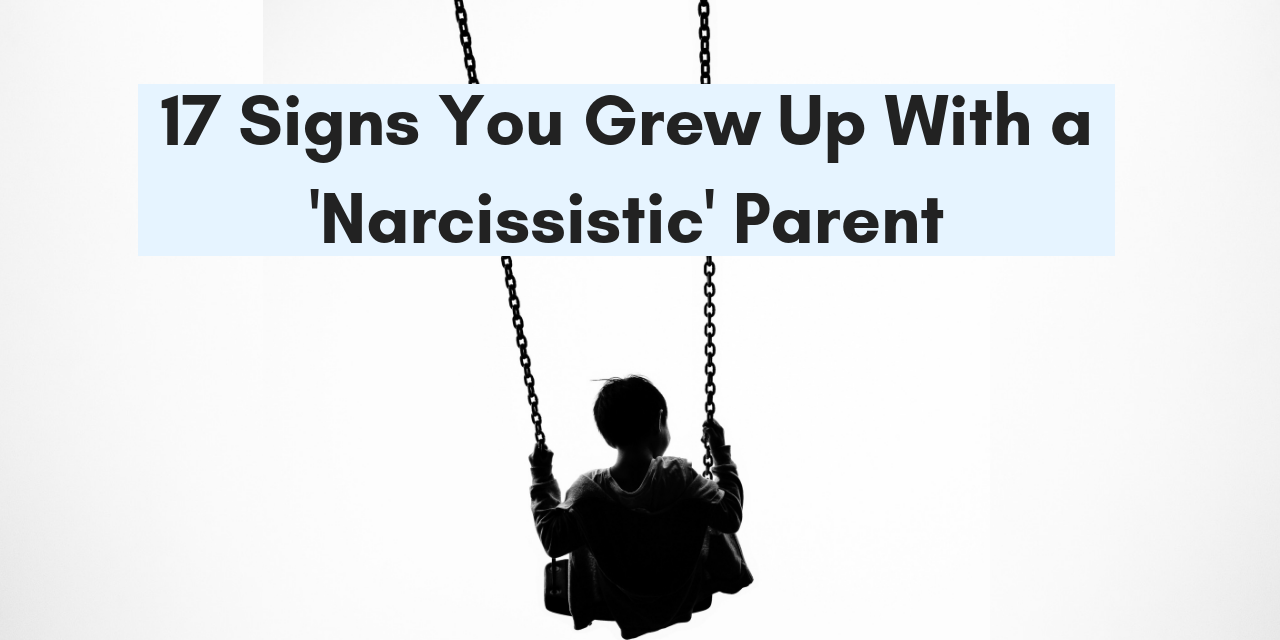

#Growing up with a narcissistic mother trial#
I'm A Celeb: Andy Whyment and Georgia Toffolo are ELIMINATED after losing trial - as viewers moan the 'best contestants keep leaving' six months after ending romance with Harry Styles Post-split body! Olivia Wilde now has a SIX PACK as she flashes her tummy in a bra top. It may become more distant, but hopefully it will become less fraught for you, and much more manageable.' 'I'm not saying it's going to change for the better. 'If those are the parts of you that come into your relationship with your parents as an adult, nothing's going to change.'ĭr Ruth added: 'If you can nurture yourself as a healthy adult, and you can begin to engage with your parent, adult to adult as possible the relationship will change. 'Or is it the part of you that wants to hide for fear of outshining them and being called a show off? 'Is it the part of yourself that's highly self critical and striving for perfection trying to win their approval? She continued: 'Is the part of you that sacrifices yourself to take care of them? She explained: 'I'd like to rephrase that to WHO is going to cope with my narcissistic parent?' Recovery requires getting to 'know, love and accept yourself'. In the video, Dr Harpur acknowledged that while it is difficult to improve a relationship with a narcissistic mother, it is possible. These include having low self-esteem, being a people-pleaser, and having codependent relationships. It is generally believed that the children of narcissists often suffer from a number of difficulties. However, beneath this facade, individuals with NPD are said to suffer from vulnerable self-esteem feelings of inferiority, emptiness, and boredom. This is a personality disorder in which individuals are said to have a grandiose sense of their own importance.

She noted that: 'At the extreme end of this someone might get diagnosed as having Narcissistic Personality Disorder (NPD).' However, it can become a problem when this becomes overinflated, and 'someone has to see themselves as superior to others in order to feel ok about themselves, and where setbacks and weaknesses become sources of such great shame that they need to show themselves as being extraordinary in some way'.ĭr Harpur explained: ' in the kinds of behaviours most people would see as narcissistic, for example being uncaring, cold, showing off, being domineering, putting others down, exploiting others, and more.' The traits should be stable across a person's lifetime and within different contexts.

#Growing up with a narcissistic mother manual#
The DSM-5, the American Psychiatric Association diagnostic manual for mental disorders, defines NPD as 'characterised by a pervasive pattern of grandiosity (in fantasy or behaviour), need for admiration, entitlement, and lack of empathy'.Īccording to the DSM-5, an individual can be diagnosed with NPD if they exhibit five or more of the following nine traits:


 0 kommentar(er)
0 kommentar(er)
